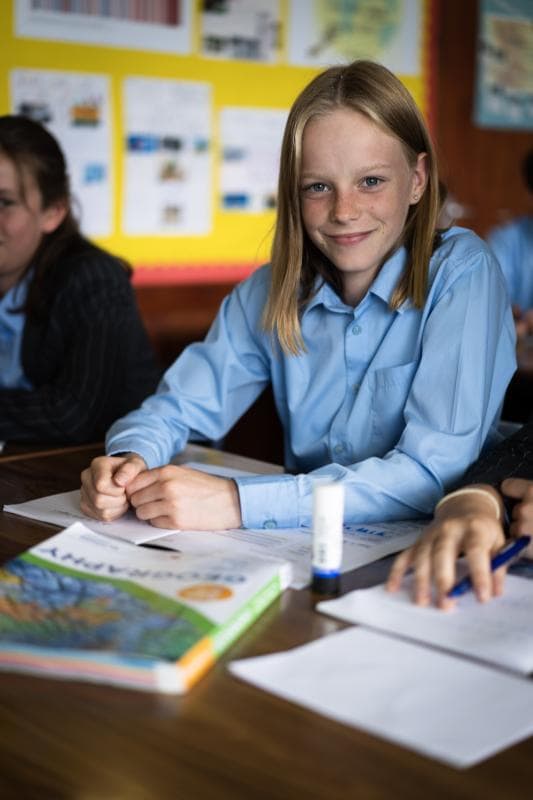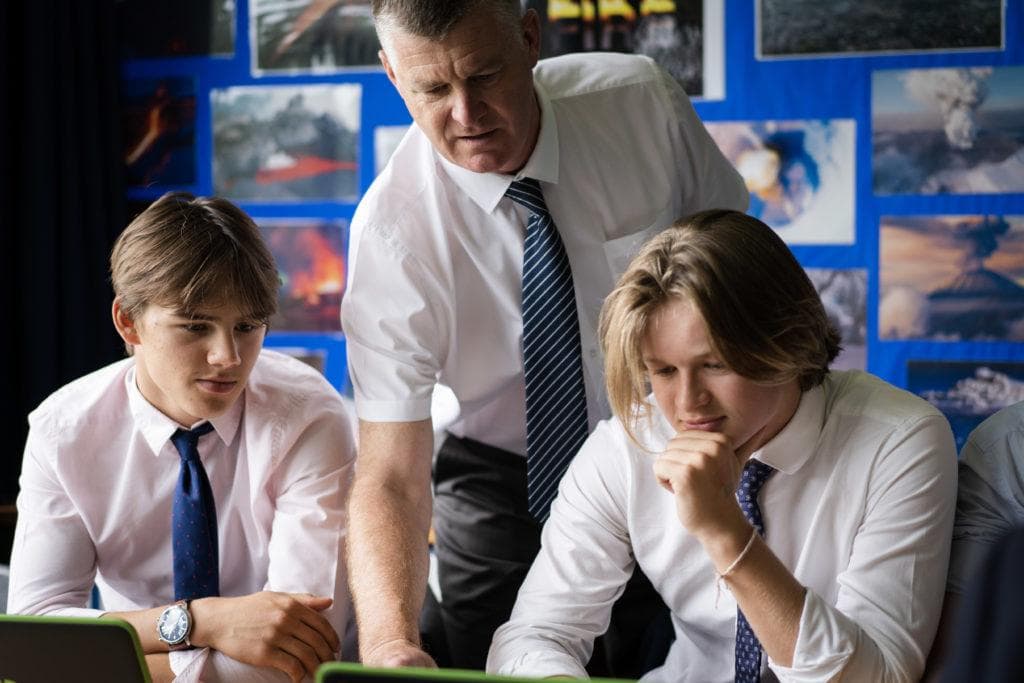
Understanding places, peoples, environments and societies, analysing how they inter-relate and shape the world now and also in the future.
Geography is about the earth’s places, peoples, environments and societies. It is unique in bridging the social sciences (Human Geography) and the earth sciences (Physical Geography), putting this understanding of social and physical processes within the essential context of places and regions. It tackles the big issues, such as environmental responsibility, our global interdependence and cultural tolerance. The world in which we live is likely to change more in the next fifty years than it has ever done before. Geography helps to explain why, and helps to prepare students for those changes.
Students are taught a wide-ranging combination of skills. The Geography Department develops their ability to evaluate ideas from many different sources and perspectives. Geography graduates are among the most employable. They possess the skills that employers look for. In part this is because the subject combines knowledge of science with an understanding of the arts.
Lower School
The Geography department provides Lower School pupils with an in depth introduction to the subject, building skills that will be central to later work. Year 7 pupils study the following topics; Mapwork, Settlement, Tectonics, and Coasts. The year finishes with a trip to Walton-on-the-Naze to support the teaching of the coasts unit. The focus in Year 8 is largely environmental. Pupils study Glaciation, Rivers, Energy and Climate change.
Middle School
At GCSE, we continue to extend the core skills and understanding, as well as introduce some more difficult concepts associated with development. The department prepares the pupils for the AQA GCSE exam by teaching key case studies that reinforce processes and ideas taught in class. There are two field trips organised for our students. In Year 10 they travel to the Queen Elizabeth Park to learn about urban sustainability and in Year 11 they conduct fieldwork on the River Fynn.
We also produce past question booklets so that our pupils can practise every question that has ever been set and benefit from focused feedback. Each case study has a set of associated revision notes and glossary sheets to aid them in their use of key terms.
Sixth Form and A Level

Two teachers contribute to the four papers sat at A Level. We follow the AQA specification in studying topics as diverse as the Water and Carbon Cycles, Managing Urban Change and the Growth of Tourism in Year 12, Earth Hazards, Population and Resources, and Geographical Skills in Year 13. Students at this level begin to see how the many skills developed in this subject can relate to future careers and the working world. Graduates go into teaching, or undertake a specialist field of study, completing doctorates in, for example, Tsunamis or Glaciology.
The Department runs a residential teaching and data collection trip to the North Norfolk Coast. Students look at contrasting erosional and depositional coastlines to help provide them with ideas for their non-examined assessment (project). There is also be a day trip down to Ipswich to support the human geography taught and also collect useful data to analyse.to the North Norfolk Coast. Every year there is at least one lunch time lecture on topics which build on classroom teaching. Recent topics include an Update on Landslides, the Tohoku Earthquake, the Population Crisis, Climate Change and Super Volcanoes. There are also trips organised to relevant Norfolk GA meetings, we attend the climate crisis debate at the University of Essex and watch video recordings of any relevant lectures at the RGS London.
The Department has a dedicated study area for our Sixth Form students where they can read recent publications and use the department Chromebooks. The Department maintains a Twitter Account where useful links to articles are regularly placed for pupils to read and broaden their knowledge and understanding.
Exam results
The average of the results in Geography over the most recent three year (2024, 2023, 2022) period is:
| GCSE | |
| 9 | 22% |
| 9-8 | 45% |
| 9-7 | 75% |
| 9-4 | 99% |
| A Level | |
| A* | 15% |
| A* – A | 54% |
| A* – B | 90% |
“Thank you for giving up last weekend for us. It means a lot to us as does all the help and time you find for us.” Sixth Form Student
